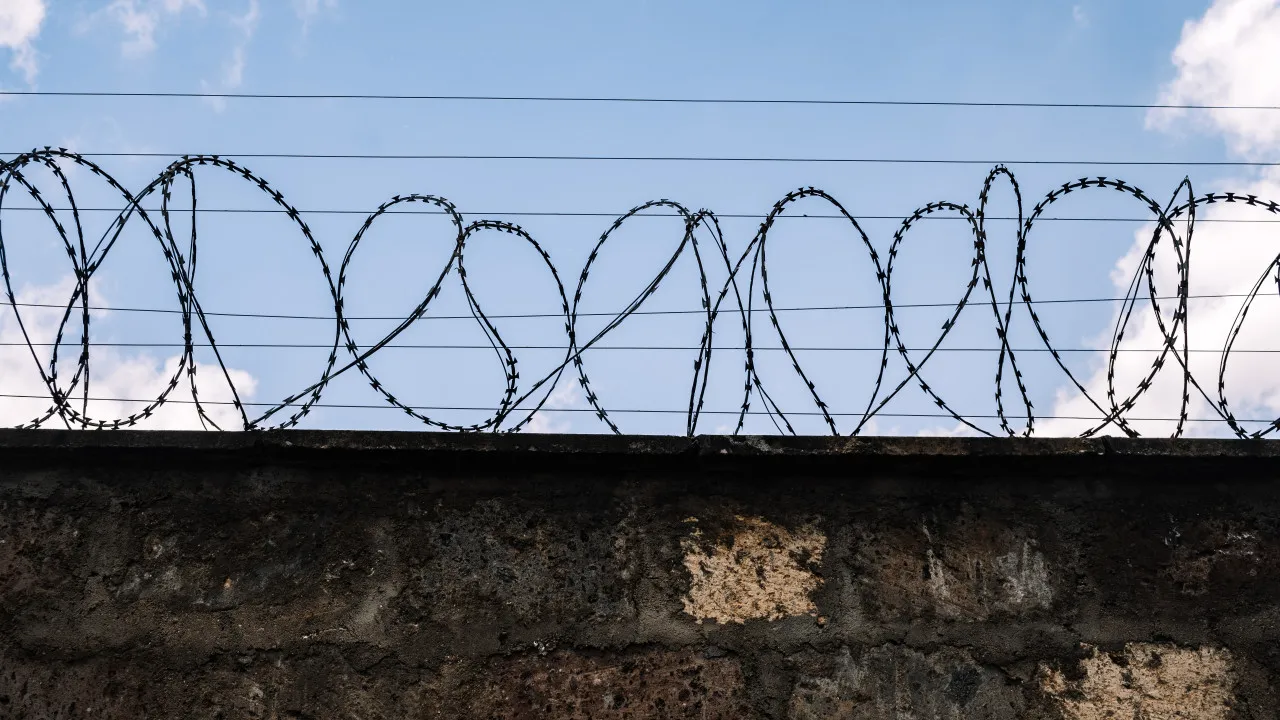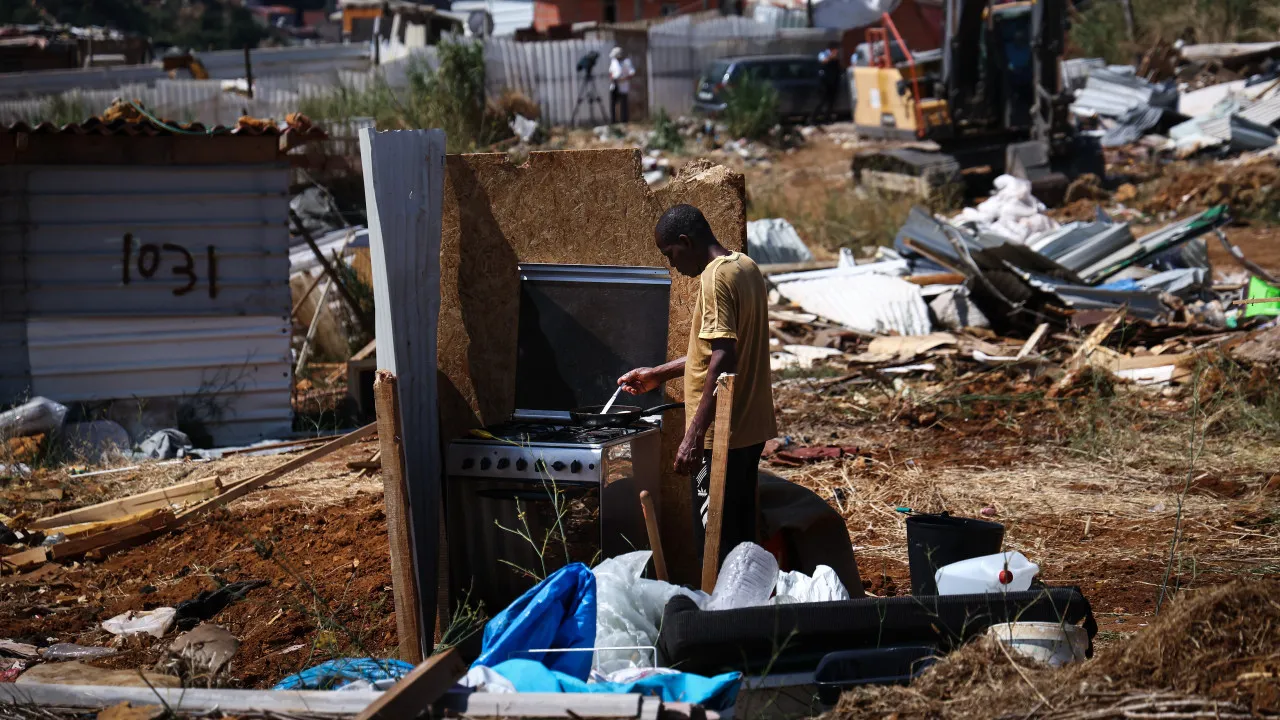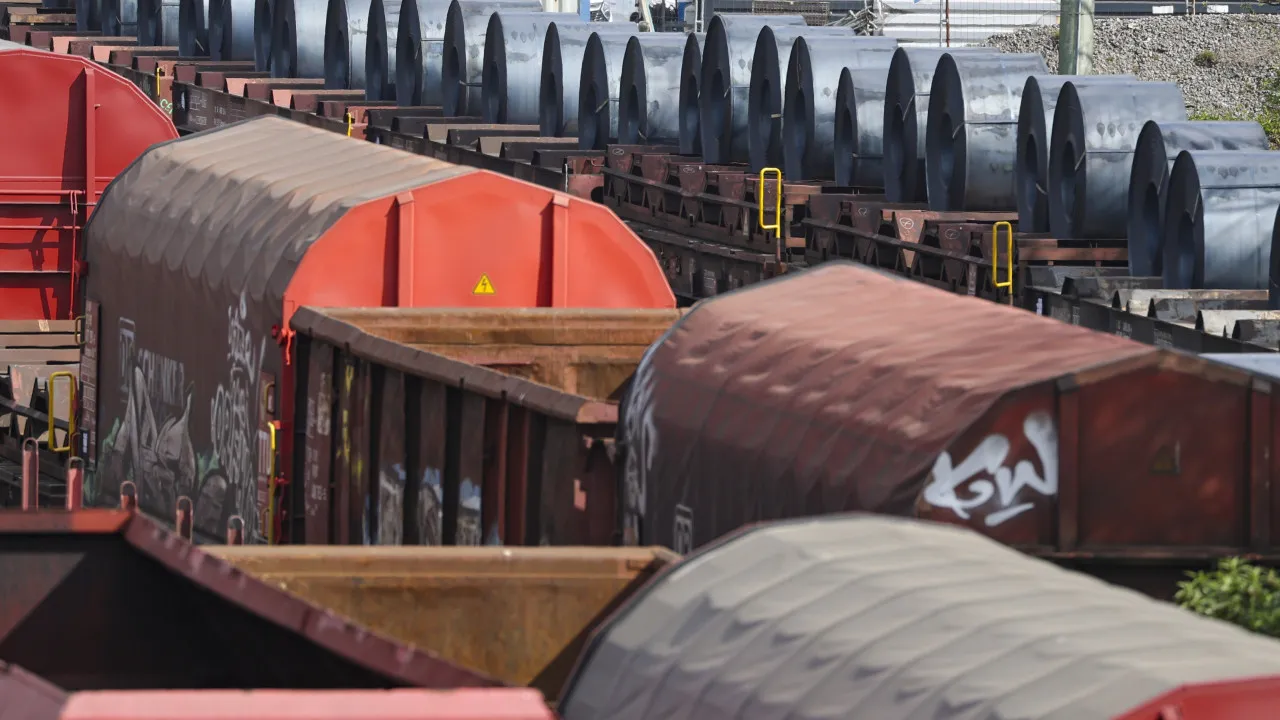
The conclusions of the National Preventive Mechanism’s annual report, presented today to the Assembly of the Republic, critique the current state of various Portuguese prisons for the year 2024.
The closure of Lisbon Prison was announced in 2022, with 2026 set as the closing year. However, a visit in December of last year revealed that inmates had not yet been transferred and that the prison remained operational, with high admission rates.
The visit highlighted the “extreme degradation of conditions” at Lisbon Prison (EPL), with broken windows in cells and showers, severe humidity issues, and leaks. Despite being deemed “inadmissible,” many cells located in underground floors are still used for holding inmates with disciplinary actions.
Criticism extends to the prison’s “extreme limitation of the CCTV system,” as surveillance is only present in two common spaces.
“Lisbon Prison is one of the locations where the NPM has repeatedly documented allegations of mistreatment, mainly occurring in common areas lacking CCTV coverage,” the report states. The Ombudsman highlighted the urgent need for full video surveillance coverage, either with cameras or bodycams.
In light of the closure announcement, the National Preventive Mechanism is monitoring renovations in other prisons intended to house inmates from Lisbon.
In Tires Prison, which currently only holds female inmates but will transition to a mixed facility, issues have been identified: a lack of human resources, the absence of a wall separating male and female populations, and potential sanitation system failures with a new pavilion’s operation.
Ponta Delgada Prison is also in poor condition, featuring a “mega dormitory” of 47 inmates in a cell originally meant for training activities, unapproved for use as living quarters. “It’s not officially a space for inmates,” emphasized the Ombudsman.
Last year, the Ombudsman made 50 monitoring visits to facilities holding deprived individuals to assess their conditions and treatment. Visits included the 10 largest country prisons, six educational centers, temporary foreigner installation centers and similar spaces, psychiatric hospitals, and police detention areas.




